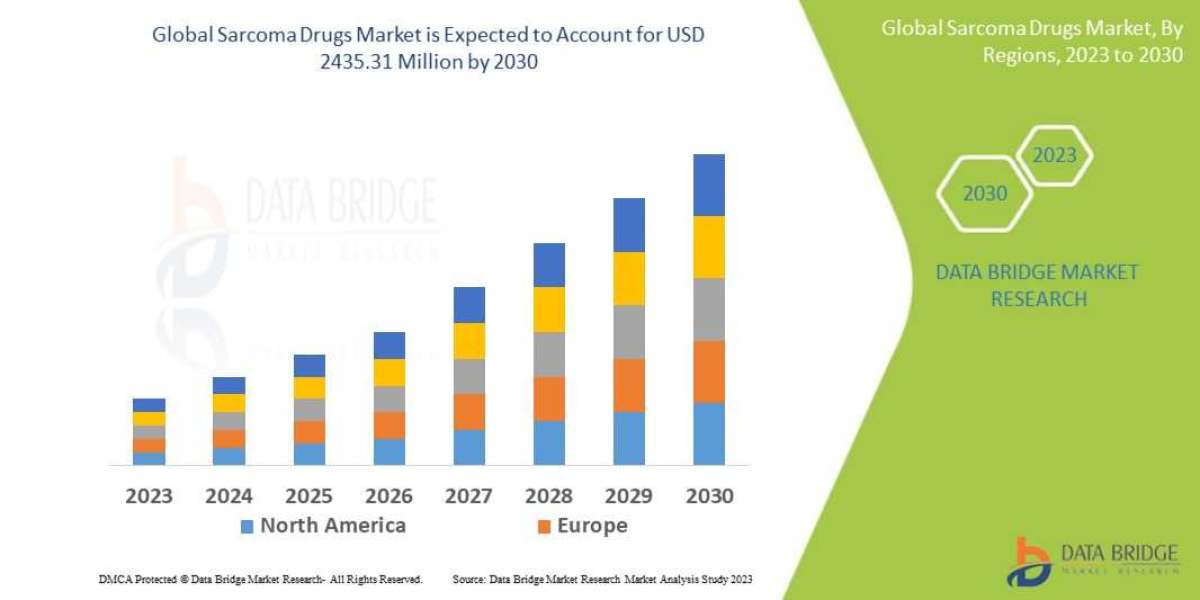Blockchain technology has emerged as one of the most transformative innovations of the 21st century. Originally created as the underlying technology for cryptocurrencies like Bitcoin, blockchain has evolved into a versatile and disruptive force that is reshaping various industries and sectors. The blockchain market is witnessing remarkable growth, with its applications extending far beyond digital currencies. In this article, we explore the burgeoning blockchain market, its key drivers, trends, and potential future developments.
Understanding Blockchain Technology
At its core, blockchain is a distributed ledger technology that enables secure and transparent record-keeping. It consists of a chain of blocks, each containing a list of transactions. Once a block is added to the chain, it cannot be altered, ensuring the integrity and immutability of data. This characteristic makes blockchain particularly appealing for industries where trust, security, and transparency are paramount.
Key Drivers of the Blockchain Market
- Decentralization: Blockchain's decentralized nature eliminates the need for intermediaries, reducing costs and enhancing efficiency. This appeals to industries such as finance, where intermediaries like banks and payment processors can be bypassed.
- Security: The cryptographic nature of blockchain ensures data security, making it nearly impervious to hacks and fraud. This is crucial in sectors like healthcare and supply chain management, where sensitive information is involved.
- Transparency: Transparency is a cornerstone of blockchain technology. In supply chain management, for instance, consumers can trace the origins of products, promoting ethical and sustainable practices.
Blockchain's Diverse Applications
- Finance: Cryptocurrencies aside, blockchain is revolutionizing traditional finance. It offers faster and cheaper cross-border transactions and enables the creation of programmable digital assets through smart contracts.
- Supply Chain: The ability to track the journey of products from manufacturer to consumer ensures transparency and authenticity, combating counterfeit goods and ensuring product quality.
- Healthcare: Blockchain can securely store and share patient data, ensuring accuracy and privacy while facilitating interoperability among healthcare providers.
- Government: Governments are exploring blockchain for secure voting systems, identity verification, and land registries, reducing fraud and corruption.
Trends in the Blockchain Market
- DeFi (Decentralized Finance): DeFi platforms are leveraging blockchain to offer decentralized banking services, including lending, borrowing, and trading, without the need for traditional financial intermediaries.
- NFTs (Non-Fungible Tokens): The rise of NFTs, which are unique digital assets authenticated by blockchain, has opened up new opportunities in art, gaming, and entertainment.
- CBDCs (Central Bank Digital Currencies): Many countries are exploring the creation of CBDCs using blockchain technology, potentially transforming the way we use and transact with fiat currency.
The Future of the Blockchain Market
As blockchain technology continues to mature, its adoption is likely to accelerate across industries. Interoperability between different blockchain networks, scalability improvements, and regulatory clarity will play pivotal roles in shaping the blockchain market's future. With the potential to disrupt established systems and empower individuals and businesses, blockchain is poised to continue its ascent, reshaping the global economy in the process. As the blockchain market growth evolves, staying informed about its developments will be key for businesses and individuals seeking to harness its transformative potential.
Related Reports:
Blockchain Technology Market
Blockchain Based Solutions for Security Labels Market







